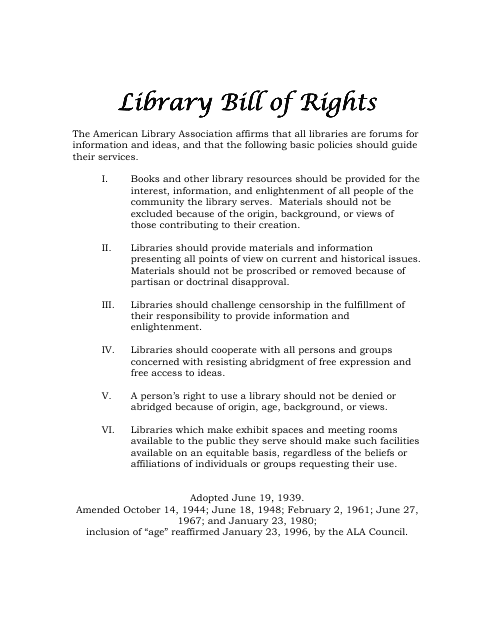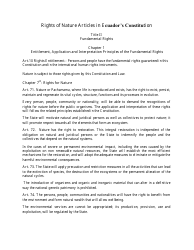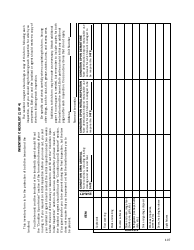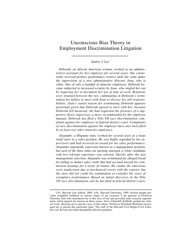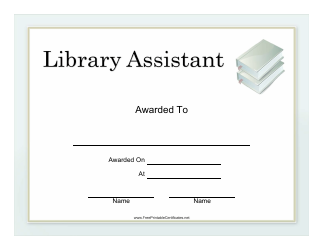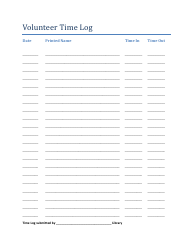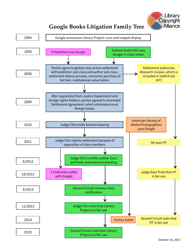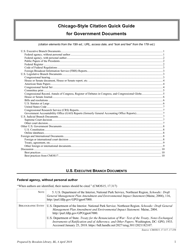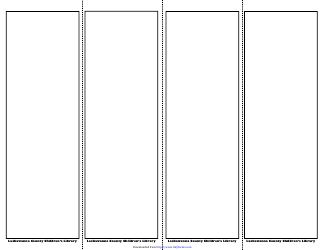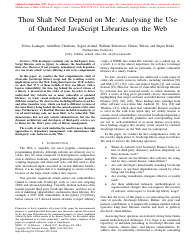Library Bill of Rights
The Library Bill of Rights is a set of guidelines that ensures the protection of intellectual freedom and the right to access information in libraries. It promotes the idea that all individuals should have the freedom to read, explore various perspectives, and have access to a wide range of information and ideas.
The Library Bill of Rights is a statement adopted by the American Library Association (ALA).
FAQ
Q: What is the Library Bill of Rights?
A: The Library Bill of Rights is a set of guidelines that outline the rights of individuals to access information and use library services.
Q: Who created the Library Bill of Rights?
A: The Library Bill of Rights was created by the American Library Association (ALA) in 1939.
Q: What is the purpose of the Library Bill of Rights?
A: The purpose of the Library Bill of Rights is to ensure that libraries provide access to a wide range of information and protect intellectual freedom for all library users.
Q: What are some key principles of the Library Bill of Rights?
A: Some key principles of the Library Bill of Rights include: providing access to information without discrimination, protecting user privacy, and promoting diversity of viewpoints.
Q: Does the Library Bill of Rights apply to libraries in both the United States and Canada?
A: Yes, the Library Bill of Rights applies to libraries in both the United States and Canada, as it is a guiding document for librarianship in North America.
